Rocket Lab’s Launch Ends With Failure And Markets React
19th Sep 2023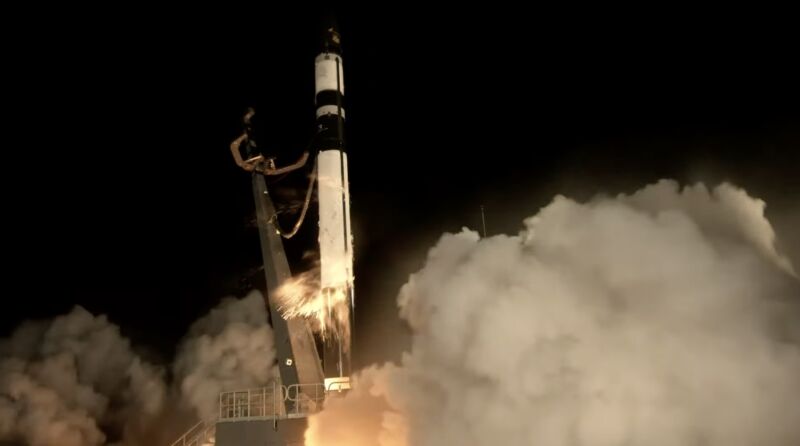
Rocket Lab faced an anomaly during the launch of a radar Earth-observation satellite on Tuesday, 19th September. The Electron rocket, carrying a synthetic aperture radar (SAR) spacecraft for Capella Space, took off from Rocket Lab’s New Zealand site at 6:55 p.m. local New Zealand time (2:55 a.m. EDT).
The Electron rocket was disrupted by anomaly
The Electron’s two stages separated as planned approximately 2.5 minutes after liftoff. However, a problem occurred on the upper stage about two and a half minutes into the launch. This marks the fourth time out of 41 flights that a Rocket Lab mission has faced difficulties.
Rocket Lab provided telemetry data during the live stream of Tuesday’s launch, which showed the velocity of the rocket’s upper stage decreasing shortly after its single Rutherford engine was supposed to activate.
It is speculated that the upper-stage engine may have failed to ignite or prematurely shut down. Rocket Lab, however, has not identified a specific cause and has stated that it will provide more information as it becomes available.
In an official statement, Rocket Lab mentioned that it is “working closely” with the Federal Aviation Administration (FAA) and supporting agencies to initiate an investigation into the failure. Despite launching most missions from New Zealand, the company’s headquarters are in the United States, which gives the FAA regulatory oversight authority over failure investigations.

Stock market reacts to the Rocket Lab’s failure
Following the failure of the space company’s latest mission, shares of Rocket Lab USA (RKLB.O) dropped by about 8% on Tuesday. The company has decided to postpone its next mission, which was originally scheduled before the end of the third quarter, and anticipates revising its third-quarter revenue forecast in the coming days.
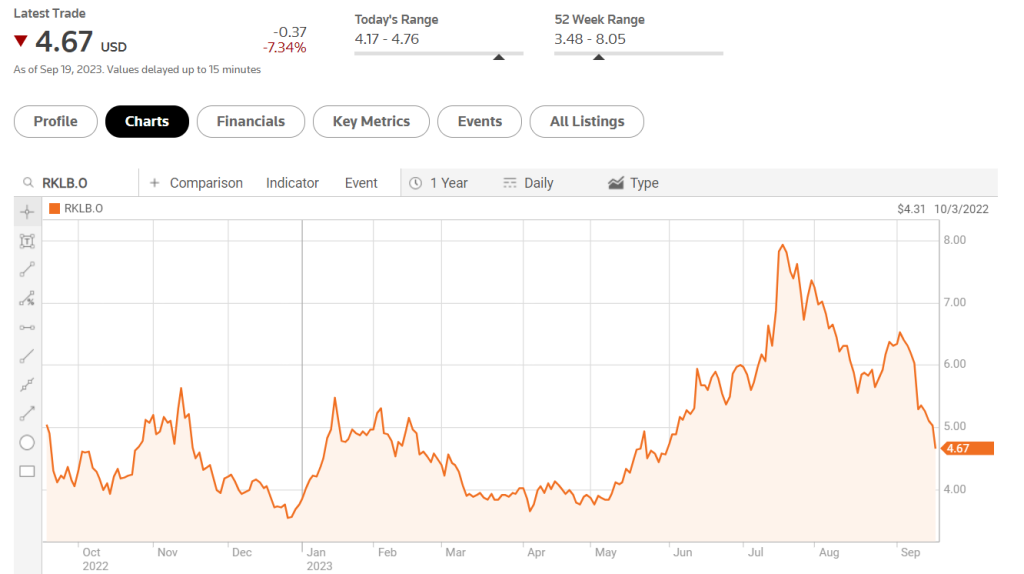
90 percent success rate
The mission, named “We Will Never Desert You,” was Rocket Lab’s ninth of the year and 41st overall. This anomaly broke a streak of 19 consecutive successful launches, with the company’s most recent failure dating back to May 2021.
“We Will Never Desert You” aimed to place one of Capella Space’s “Acadia” satellites into a circular orbit approximately 395 miles above Earth. This flight marked the second in a four-launch contract designed to send advanced SAR satellites into orbit.
The first mission under this contract, “We Love the Nightlife,” took place on 23rd August and featured an Electron rocket with a reused first-stage engine. This was a significant milestone for Rocket Lab, which is actively working towards making its boosters reusable.
Rocket Lab, Firefly Aerospace, and Astra are the few active US companies in the emerging field of commercial small satellite launch startups that have successfully achieved orbit. Despite launching several successful missions, Virgin Orbit recently went out of business earlier this year.
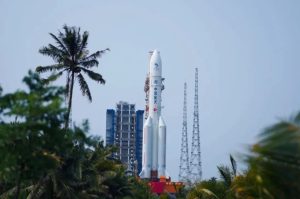


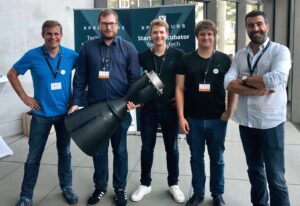

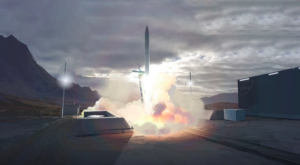
Thank you for your comment! It will be visible on the site after moderation.